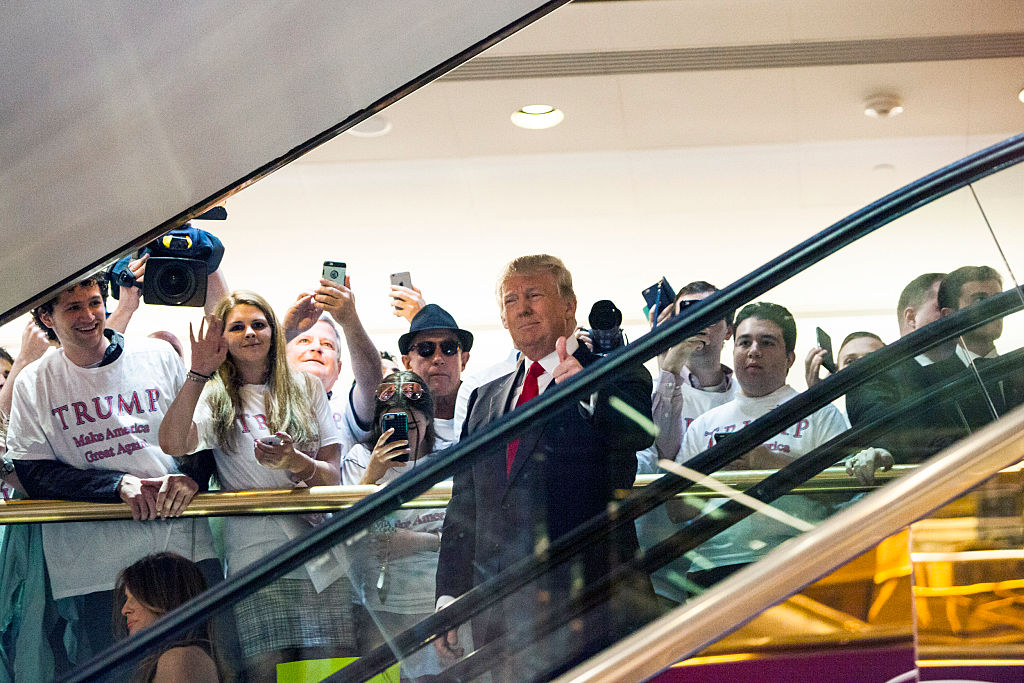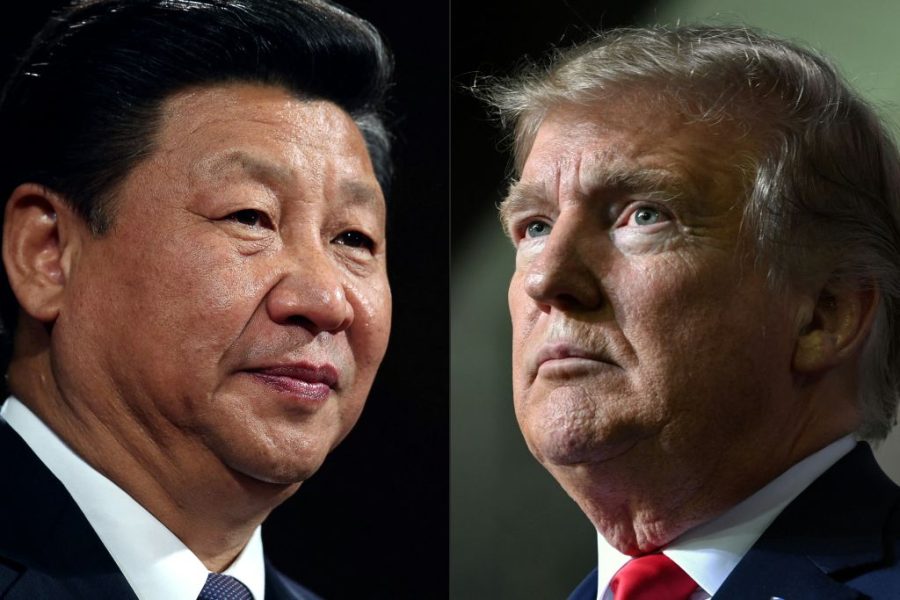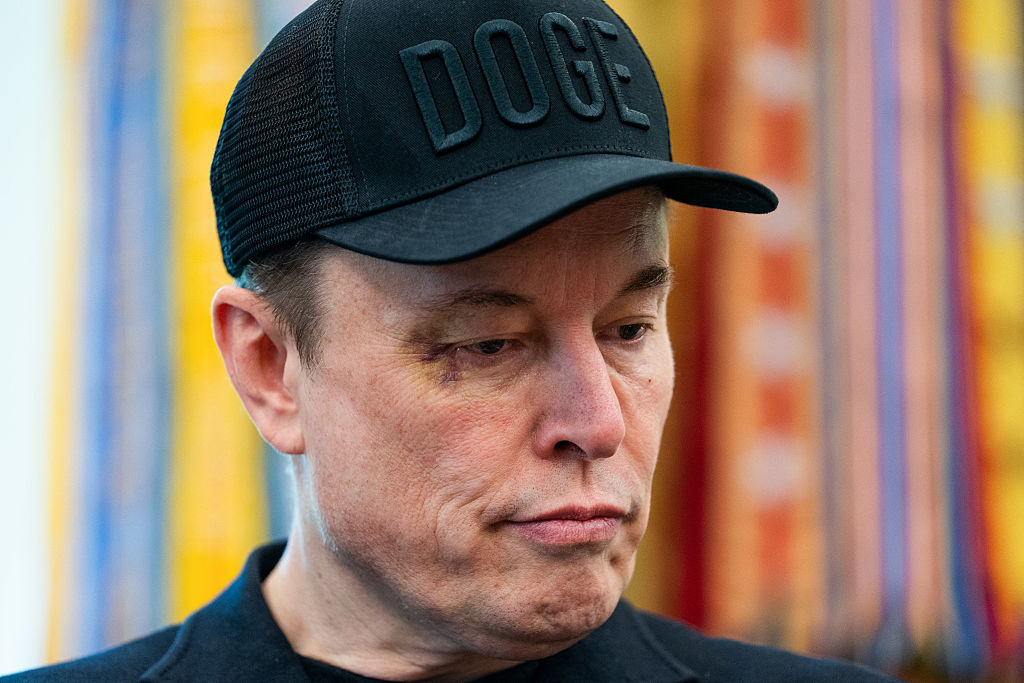‘Desperate times call for desperate measures’ is the expression of the moment when it comes to summing up how countries are addressing the coronavirus crunch. Germany is no exception. Even before the pandemic, the country’s economy was heading towards a mild recession, according to plenty of projections. But once the virus spread across the Hubei province, Germany’s manufacturers started to get hit in a painful spot: their supply chains. The early supply shock stemming from reduced production capacity in China again exposed Germany’s dependency on its trade relations with the economic giant in the east.
For years now, Germany has been leaning on China for cheap supply and as a market for its exports. Following the 2008 financial crisis, when most of Europe was suffering, Germany kept itself rather unscathed thanks to a strong export-orientated economy and partly thanks to China. Germany was not concerned about any geo-economic advances Beijing was making. It cared little about the 16+1 forum with Central and Eastern European countries launched in 2012 or the Belt and Road Initiative unveiled in 2013, and the ‘Made in China 2025’ strategy intended to establish Chinese dominance in emerging technologies.
However, when China’s Midea Group took over German company Kuka – a rising star among robotics manufacturers – in 2016, Angela Merkel’s government was caught off guard. Only a few months after Kuka fell in the hands of a Chinese company, the chip maker Aixtron avoided the same fate only because Germany’s economics ministry withdrew its initial approval of the takeover. These two events forced the German government to update its foreign investment regulations, with a particular focus on China. But the coronavirus economic shock has once again changed the dynamic.
Government officials in Berlin are again discussing how they can protect the country’s industrial crown jewels from hostile takeovers, given that most of them are undervalued on the stock market. This makes such firms potentially exposed to outside investors if enough nervous shareholders intend to jump ship. Naturally, China and its companies are considered interested buyers. After a year in which investments from China in the EU’s 28 member states dropped by about one third, the trend can quickly change when Beijing sees enough advantages in buying into new companies, particularly if China, where coronavirus restrictions are finally being lifted, is the first to recover from the economic shock caused by the disease.
Publicly Berlin has positioned itself against Xi Jinping’s ‘mask diplomacy’ since the coronavirus outbreak in Europe, condemning attempts to exploit the crisis politically or economically. But behind closed doors, senior officials acknowledge that the domestic economy needs China just like it did in the aftermath of 2008, or possibly even more. Germany has the highest export ratio among the G20 — about 47 percent of its GDP. A demand shock of global proportion puts a lot of manufacturers in a tough spot. As China is recovering from the pandemic faster than the rest of the world, Germany might end up tying itself closer to the economic giant than before the crisis.
Germany’s big carmakers, Volkswagen, Daimler, and BMW, which make roughly one-third of their profits in China, could spearhead a future push towards the east. In 2019, the export of German cars to China increased, despite the number of new registrations in China declining by about ten per cent. Herbert Diess, chairman of Volkswagen, was the first high-level business leader that publicly expressed what many in his and other industries think: we need China and its market to get out of this crisis. Volkswagen and BMW have remained optimistic in their outlook, promising shareholders to pay substantial dividends despite the current turmoil. Such optimism stems from confidence in China and trust in Merkel.
After supporting Europe’s pushback against Beijing that culminated in the EU declaring China a ‘systemic rival’ a year ago, the German chancellor was starting to press the breaks on any additional efforts to confront China throughout the past twelve months. Well before the crisis, the chancellery was already worried that further pushback could mean Germany has to pay an economic price. Berlin has been increasingly unhappy with its European partners because it feels that it has to carry Brussels on its shoulders. The current debate about ‘coronabonds’, which entail eurozone countries collectively guaranteeing debt in the form of bonds, might push Germany further away from its long-time partners on the continent.
Instead, these desperate times could make Merkel forge a new alliance with Xi, accepting that Germany cannot survive without the Chinese market and financial firepower, but also knowing that Beijing will not be shy to exploit such a dependency to further its geoeconomic goals. For its future prosperity, Germany may be forced to look east.
This article was originally published onThe Spectator’s UK website.

























